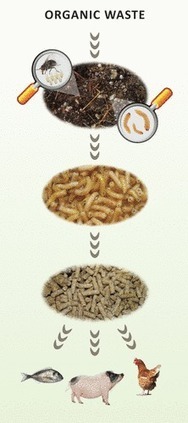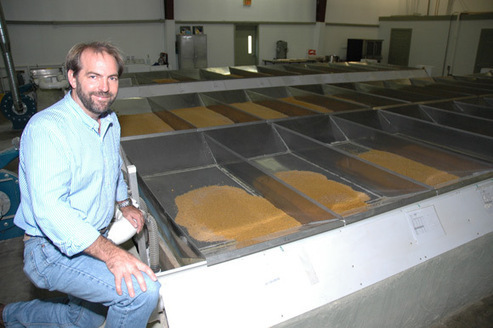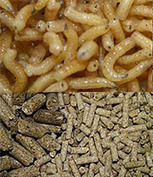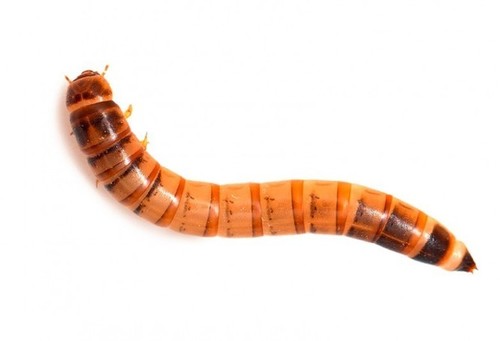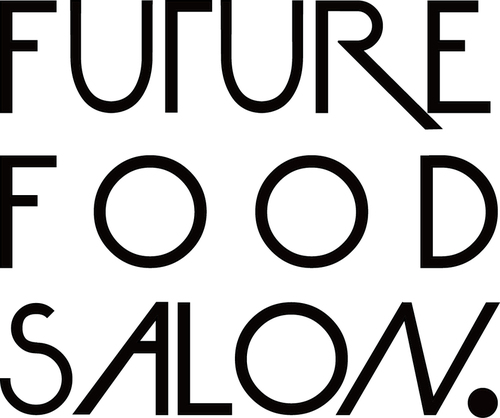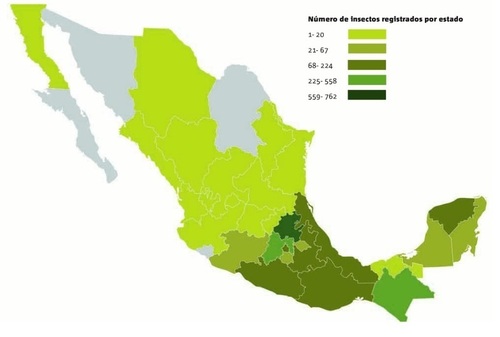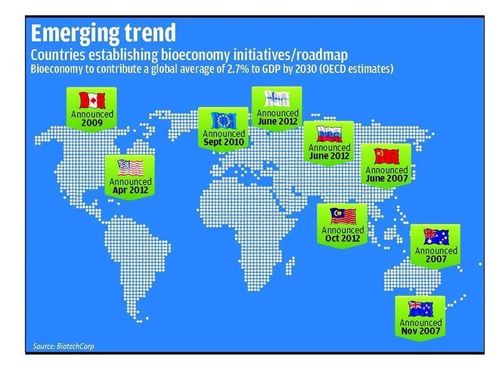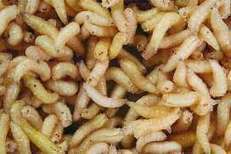See on Scoop.it – Protein Alternatives: Insects as Mini-Livestock

Comprehensive Reviews in Food Science and Food Safety
Ana C. Day‘s insight:
"Novel protein sources (like insects, algae, duckweed, and rapeseed) are expected to enter the European feed and food market as replacers for animal-derived proteins. However, food safety aspects of these novel protein sources are not well-known. The aim of this article is to review the state of the art on the safety of major novel protein sources for feed and food production, in particular insects, algae (microalgae and seaweed), duckweed, and rapeseed. Potential hazards for these protein sources are described and EU legislative requirements as regard to food and feed safety are explained. Potential hazards may include a range of contaminants, like heavy metals, mycotoxins, pesticide residues, as well as pathogens. Some safety aspects of novel protein sources are intrinsic to the product, but many potential hazards can also be due to production methods and processing conditions. These aspects should be considered in advance during product development. European law is unclear on several issues regarding the use of novel protein sources in food and feed products. For food product applications, the most important question for food producers is whether or not the product is considered a novel food. One of the major unclarities for feed applications is whether or not products with insects are considered animal-derived products or not. Due to the unclarities in European law, it is not always clear which Regulation and maximum levels for contaminants apply. For market introduction, European legislation should be adjusted and clarified."
See on onlinelibrary.wiley.com

